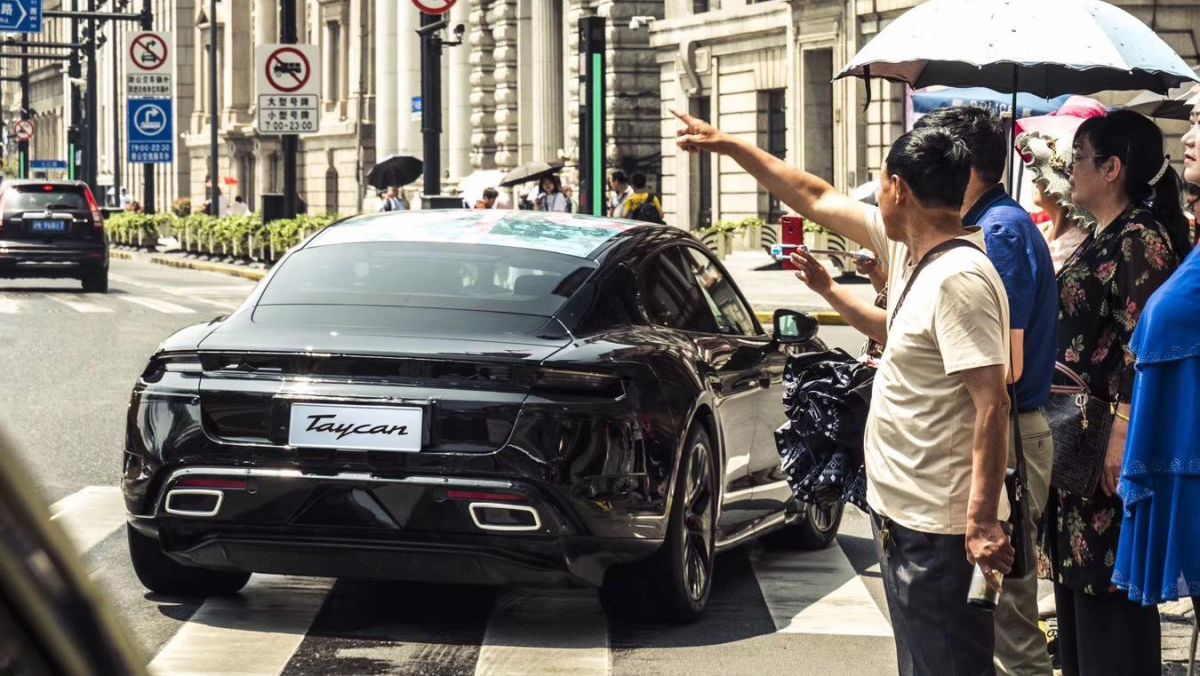The iconic Porsche 911, which has shaped the brand’s luxury appeal for decades, could soon be eclipsed by the all-electric Taycan in terms of deliveries, Automotive News reports. Currently, Porsche has amassed nearly 30,000 bookings for the Taycan, which is set for a global debut in September.
According to Evercore ISI analyst Arndt Ellinghorst, the pre-bookings help support Porsche’s plans to lift annual production of the Taycan to 40,000 vehicles – interested customers need only place a deposit of 2,500 euros (RM11.5k), a move seemingly taken right out of Tesla’s playbook.
Last year, Porsche delivered 35,600 units of the 911, but the zero-emissions Taycan is expected to be the automaker’s new bankroller, with prices starting at roughly US$90,000 (RM371k). If so, the Taycan could go on to define the Porsche brand for the next generation. An initial production target of 20,000 vehicles per year (based on a two-shift system) has been revealed, although this can be expanded if needed, production chief Albrecht Reimold said.
The Taycan’s success is critical for parent company Volkswagen Group, which is planning a massive proliferation of electric cars across its brands and price ranges. Porsche is also in the midst of installing fast chargers at its dealerships in US and Europe to further drive uptake, and hired over 1,500 new employees from 32,000 applications to help produce the Taycan.
To recap, the Porsche Taycan will reportedly get two permanently synchronous electric motors to provide a total system output of over 440 kW (600 PS). That allows the EV to sprint from zero to 100 km/h in under 3.5 seconds, while the run to 200 km/h is achieved below 12 seconds.
On a full charge, it’s capable of providing a range of 500 km (based on NEDC cycle), and with fast charging on its 800-volt system, 100 km of range is available after just four minutes of charging. Up to three variants may be available, including 4S and Turbo models.
The Taycan will also take on longstanding electric car stalwart Tesla Model S, one which has been serving active duty since 2012. Tesla has yet to reveal plans to overhaul the Model S luxury sedan, choosing instead to bet on the Model 3 to target mass-market buyers instead.
Sales have undoubtedly risen, but the Model 3’s lower returns have seen Tesla’s losses accelerate to cast fresh doubt on whether building and selling electric cars can be a sustainably profitable business.
Source: Read Full Article



